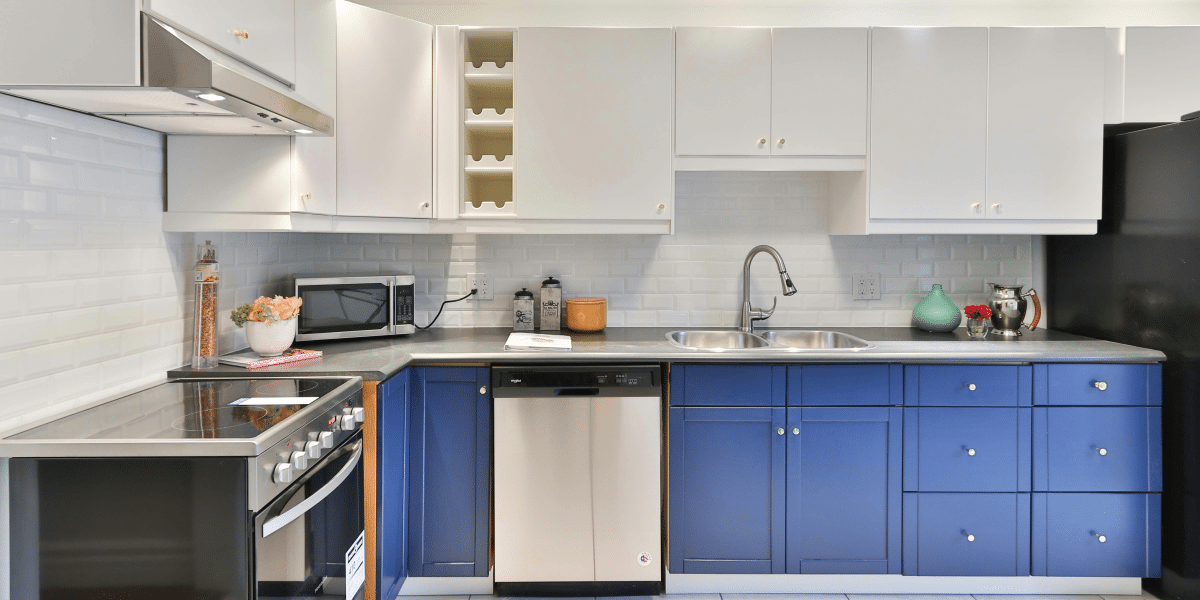Aspiring chefs know that a clean and well-maintained kitchen is the foundation of culinary success. Understanding and practicing essential kitchen maintenance is crucial beyond honing your knife skills and perfecting recipes. A well-organized and spotless kitchen not only promotes efficiency but also ensures safety and extends the lifespan of your equipment. Here are some key areas to focus on for essential kitchen maintenance.
Maintaining Your Appliances
The heart of any kitchen is its appliances. Regular maintenance of these vital tools is essential to keep them running smoothly and efficiently. For starters, ovens and stovetops should be cleaned frequently. Grease and food residues can build up quickly, affecting performance and safety. Make it a habit to wipe down surfaces after each use and perform a deep clean weekly.
Part of becoming a great chef is taking care of your equipment, which includes tasks like cleaning oven racks to ensure even cooking. Removing racks and soaking them in warm, soapy water can prevent grime buildup and provide even heat distribution during cooking. Similarly, regularly cleaning the oven interior with a suitable cleaner will prevent smoke and unpleasant odors during use.
Refrigerators and freezers also need regular attention. Clean the interior shelves and drawers monthly to prevent mold and unpleasant smells. Don’t forget to check and clean the condenser coils at least twice a year. These coils can gather dust and debris, causing the appliance to work harder and use more energy. Keeping them clean improves efficiency and longevity.
Caring for Kitchen Surfaces
Kitchen surfaces endure a lot of wear and tear, from heavy chopping to hot pans and spills. Proper maintenance of countertops, sinks, and floors is essential for both hygiene and aesthetics. Different materials require different care methods. For example, granite and marble countertops should be sealed regularly to prevent stains and damage. Use mild cleaners and avoid harsh chemicals that can erode the sealant.
Wooden countertops and cutting boards need special attention, too. Regularly oiling them with food-grade mineral oil can prevent drying and cracking, ensuring they remain in excellent condition. Always clean them thoroughly after use, especially when working with raw meat, to prevent cross-contamination.
Stainless steel surfaces, common in professional kitchens, are durable but can easily show fingerprints and smudges. Wipe them down with a microfiber cloth and a solution of vinegar and water to keep them looking pristine. For sinks, regular cleaning with baking soda can keep them fresh and free from unpleasant odors. Additionally, make sure to unclog drains and clean the disposal unit frequently to prevent blockages and buildup.
Organizing and Decluttering
An organized kitchen is a functional kitchen. Keeping your culinary space tidy saves time, reduces stress, and enhances creativity. Start by decluttering your kitchen regularly. Remove items you no longer use or need, and organize the rest in a logical and accessible manner.
Invest in quality storage solutions, such as clear containers for dry goods, labeled jars for spices, and sturdy racks for pots and pans. This keeps everything in its place and makes it easier to find what you need when you need it. Drawer organizers can help keep utensils and gadgets in order, preventing the frustrating hunt for that one elusive tool.
Pantries should be cleaned and reorganized periodically. Check expiration dates and rotate items to ensure older products are used first. Group similar items together and use bins or baskets to contain smaller packages. This helps maintain a clean and efficient pantry where you can easily see what you have and what you need to restock.
Lastly, don’t overlook the importance of a clean and organized fridge. Use clear bins to categorize and store items, making it easy to find ingredients. Label leftovers with dates to prevent food waste and regularly wipe down shelves and drawers to maintain a hygienic environment.
Essential kitchen maintenance for aspiring chefs requires dedication and routine, but the benefits are undeniable. Aspiring chefs can create a space that supports their culinary endeavors and enhances their cooking experience by focusing on these essential areas- appliances, surfaces, and organization. A well-maintained kitchen is a chef’s best friend, ensuring efficiency, safety, and longevity for both the space and the equipment within it.
Published by: Nelly Chavez








